In the context of the forthcoming revision of the Animal Welfare Directive, the question of the use of cages is under discussion at EU level. The concept popularised by the European Citizen initiative “End of Cages” has paradoxically never been subject to any impact assessment before. As no study could be expected on this matter from the European Commission, Copa and Cogeca have commissioned the first ever comprehensive report to better understand the economic, social and environmental impacts of such a proposal. Unsurprisingly, the outcomes highlight a number of consequences that have been completely overlooked in the public debate until now.
This study was presented during a well-attended online event today by the three research institutes1 that have been working at the request of Copa and Cogeca. The study, based on the well-known CAPRI model, focuses on two sectors and three scenarios: the ban on farrowing crates for sows and enriched cages for laying hens with an immediate transition by 2025 (Scenario A), a transition by 2035 (Scenario B) and a transition by 2045 (Scenario C).
The conclusions presented at the event by the researchers are clear: production of pigs is set to fall by as much as 23.6% to 8.4-0.5% depending on the scenario considered. Transitioning to free farrowing systems will require significant investment in new pens and in reconstructing existing buildings. Depending on what farmers decide, investment costs may range from around 2.1 to 3.5 billion euros. For poultry production, the decrease should be lower but similar investments could be expected at EU-27 level totalling at least 3.2 billion euros.
Consequently, the drop in production will have impacts on the EU’s trade balance: In most scenarios, domestic market demand does not decrease in proportion to the drop in production, leading to a very strong increase in imports, particularly of pork in all scenarios (between 1086% and 43.7%), but also of eggs (between 18% and 5%). Conversely, EU27 exports decrease sharply for pork and eggs. In all three scenarios, the EU27 trade balance will be in a deficit across these key types of livestock production by 2045. The phasing out of cages will further threaten the resilience and competitiveness of the EU food system and intensify our dependence on imports at a time where food autonomy becomes highly strategic.
For researchers, another major problem is likely to arise, farmers implementing these transitions will not benefit from a market premium for their products as the whole sector will follow the same path. As this study confirmed, the switch to alternative housing systems will erode revenue generated over time and expediate the trend of rising imports under the current trade framework. When considering a phasing out by 2025, the average producer price for pork surges by 47.4% in the EU-27 compared to a 3.7% increase for eggs. When a 10-year or 20-year long transition period is granted, the rise in the producer price for pork becomes much smaller and leads to more moderate shocks for consumers. Changes in producer and consumer prices for eggs are less significant in all scenarios (between 3.8% and 0.3%).
Another key finding of the study, the phasing out of cages will most certainly intensify the concentration of production with bigger facilities being able to invest in the transition, going against the European Commission’s vision for agriculture and, in particular, that of the European Commissioner for Agriculture. In the same direction, the study also identifies a clear risk of increasing disparities within the internal single market. Regardless of the length of the transition period, the phasing out of cages will have a lasting dividing effect on the economic performance in western and eastern Europe.
As part of our pig and egg productions will be relocated, and as identified in existing Farm to Fork impact assessment, this relocation will lead to carbon leakages as well as an impact on biodiversity and animal welfare in countries unaligned with our production standards. This would be the very opposite of what its promoters were aiming for!
Commenting on those outcomes, Miguel Angel Higuera, Copa and Cogeca Chair of the Animal Welfare Working Party said “To date, no other study of this magnitude has been commissioned, even if its scope was limited to two sectors. It means for me that most EU debates on the topic are political ones with a very partial vision.” On the phasing out of cages M. Higuera commented “We are not opposed in principle to this strong societal demand. This study is simply showing a clear fact: the choice of transition period will have major implications for production, profitability of farmers, price increases for consumers and concentration effects. I can only echo the words of the authors of this study: Commission is advised to give consideration to a framework fit for this purpose and manage the transition smoothly, instead of implementing a shock scenario!”
Artigo publicado originalmente em Copa Cogeca.

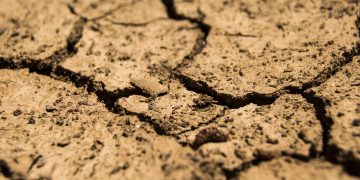
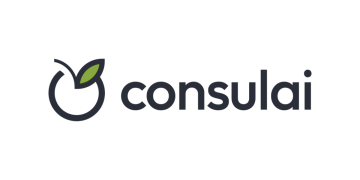

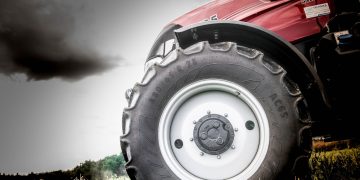
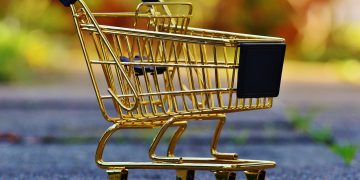
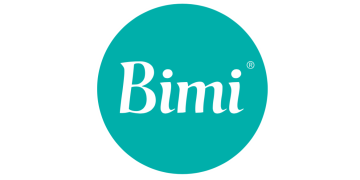
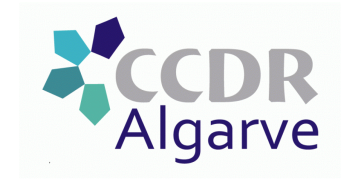
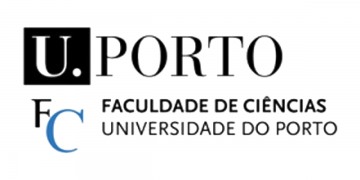
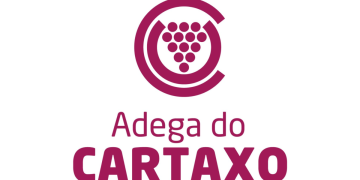











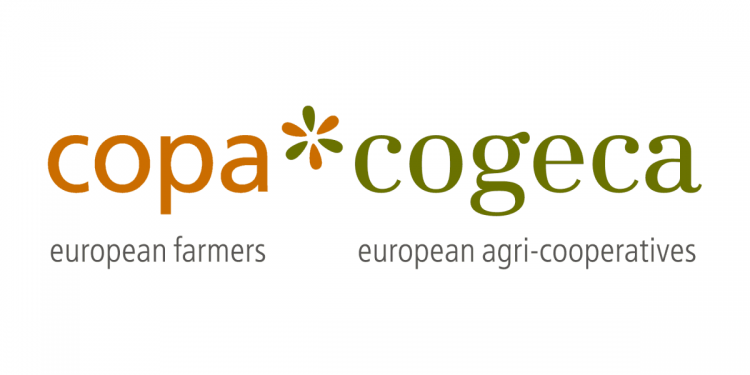
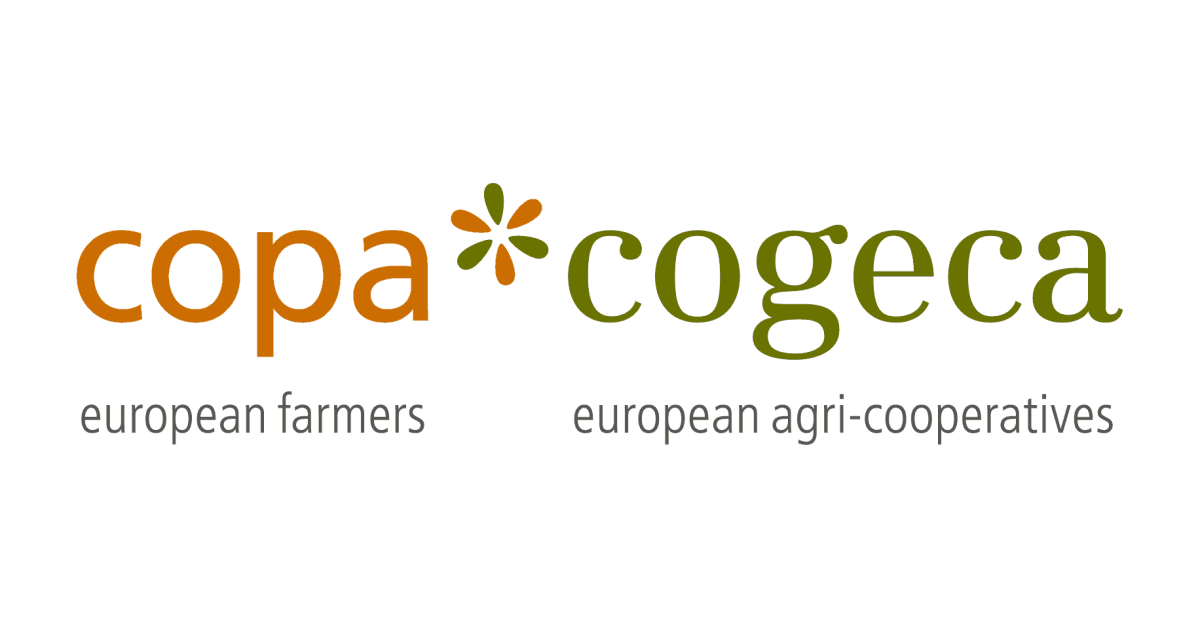
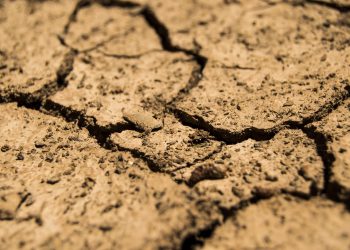
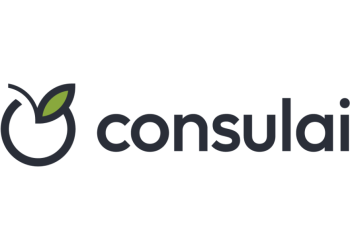






























Discussão sobre este post